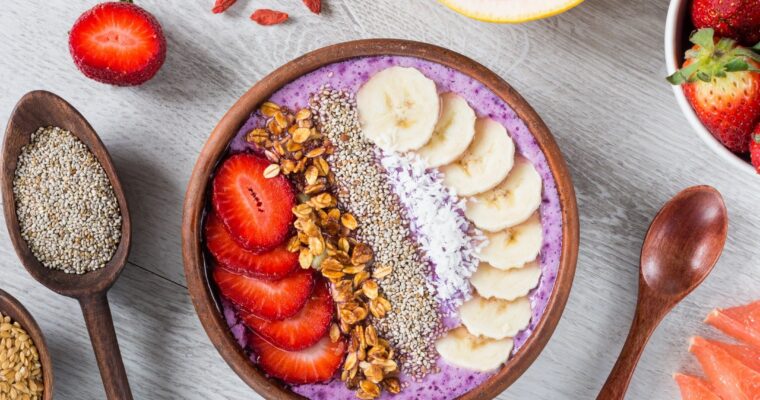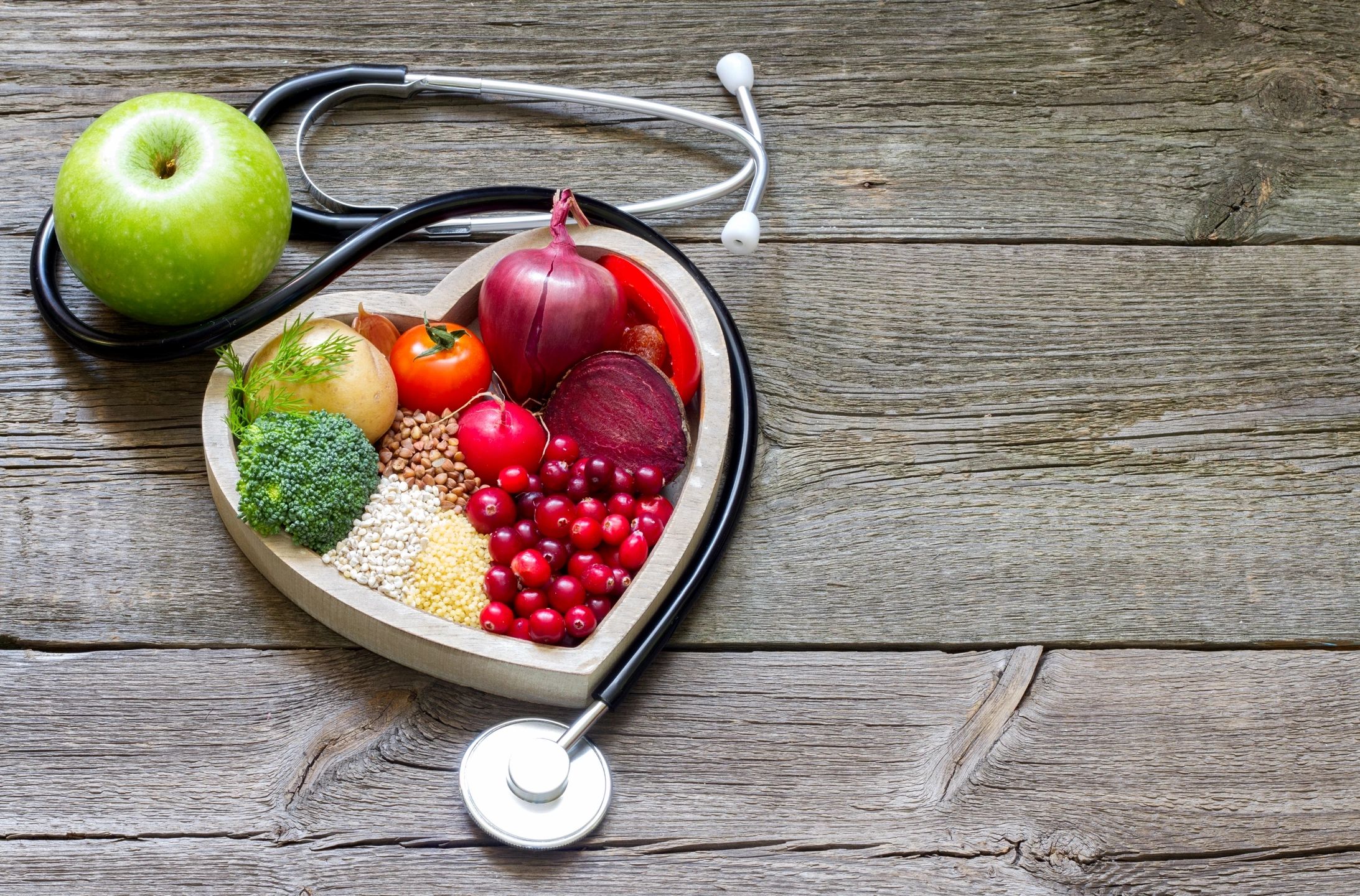VEGETABLES~GREENS AND BEYOND
By: Allie Might, FMC, INHC, ATT
Vegetables and greens always seem to be the most difficult for people to eat enough of on a daily basis. As I’ve talked to people over the years on this subject, I’ve noticed a few common reasons seem to come up. Let’s take some time together to get to know our vegetables and greens, as well as address some common reasons why many aren’t getting their daily recommendation.
Let’s start at the beginning….just how much vegetables and greens do we really need in a day? According to the guidelines from the USDA, an adult should consume 2 1/2-4 cups a day. This varies slightly, as greens usually need 2 cups to actually count as the 1 cup serving size. For instance, a salad consisting of 2 cups of kale, 1 carrot, 1/2 cup tomatoes and 1/2 cup of mushrooms would give you 2 1/2 servings for the day. I’ve heard many people count this as 4 servings because there’s 4 types of vegetables represented in the salad. This is definitely one way that causing some confusion and keeps some people from getting the correct daily recommendation.
Another misconception seems to involve cooking styles. We know that certain ways of cooking vegetables can be good, such as steaming, roasting or lightly sautéing. This helps to drastically cut down the fat from oils. According to an article from Harvard Medical School titled ‘How Much Will Fried Foods Harm Your Heart? We see that this way of food preparation may be a cause of increased inflammation in the body. This increased inflammation can be a contributing factor in heart disease, increasing the chances for such issues as heart attack or stroke. Keep in mind, even though it is a vegetable, once it gets battered or coated and fried it is more of an indulgent treat then a nutritious vegetable.
Vegetables are so important because of the nutrients they supply. MedicalNewsToday highlights some of these that include, but are not limited to, vitamins and minerals such as A, some B’s, C and K, folate, potassium, manganese and magnesium. Vegetables and leafy greens are also a good source of fiber.
I’m often asked which vegetables are the best. I always say there are no bad vegetables or leafy greens out there to avoid. Try focusing of the ones you already like and can tolerate well. I also like to recommend trying a new vegetable each week. For example, try traditional vegetable like tomatoes, zucchini and carrots with greens like kale and spinach. Maybe experiment with a cruciferous vegetable such as Brussel sprouts or cabbage (green or red). Remember, you can’t “overdose” on vegetables and greens so once you are consistently getting in your recommended serving outlined by the USDA, try to challenge yourself to get 5-9 cups a day. I find that this bulks up my meals in a healthy way without feeling “stuffed”.
GREENS HX: In order to help increase vegetable intake each day, adding a greens powder to make a healthy green drink is a good option. This contains a wide variety of vegetables, green and herbs allowing for an earthy taste with a dash of oregano. It even has some probiotics in the formula so this is great not only for nutrients, but to help with detoxification, healthy immunity and maybe even offer some increased energy…which is always a good thing.
BEETS HX: While beets are delicious, sometimes they can be difficult to cook. In order to get all the benefits to the circulatory system that beets offer, a good alternative is to incorporate this in a powder form. It can be added to water, smoothies or plain yogurt.
HAPPY GUT GREEN SMOOTHIE
1 cup plain Greek yogurt
1 cup Ice
1/2 cup Raw Organic Coconut Water
1 teaspoon Raw Honey
1 scoop Greens Hx
1 capsule Probiotic Hx
Add all ingredients to a blender, along with the contents of the Probiotic Hx (discard the empty capsule). Blend together, pour into a glass and enjoy!
PRO TIP: In my experience, if you find that you experience digestive distress when eating vegetables or greens, try cooking them and avoid raw. This can help cut down on gas developing in the gut, particularly for those that are exploring new produce or are increasing their daily intake.
www.myplate.gov/eat-healthy/vegetables
www.uhhospitals.org/blog/articles/2023/11/raw-vs-cooked-vegetables
www.health.harvard.edu/heart-health/how-much-will-fried-foods-harm-your-heart
www.medicalnewstoday.com/articles/323319#summary








